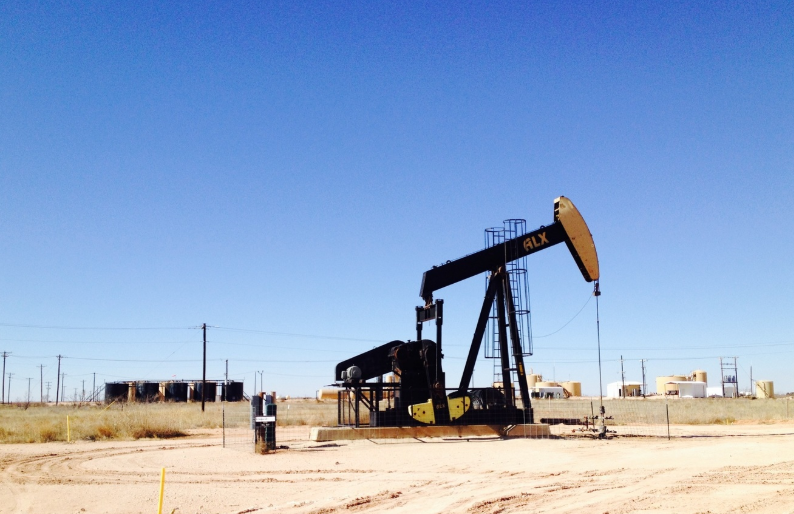A new report from the National Audit Office (NAO) in the UK has revealed that the shale gas extracting technique used in England might not be as efficient as previously thought.

The report highlights uncertainties surrounding the “meaningful” contributions that fracking could provide to the UK, a lack of proof of its commercial viability, the fact that there is no sufficient technology to reduce greenhouse gas emissions caused by fracking, and that there is a lack of solid analysis around the issue.
The report also highlights serial breaches of agreed limits on earth tremors, strains on local authorities in fracking areas, and declining public support for the process.
In England, fracking involves the recovery of gas from a shale rock which lies underground, mainly in Yorkshire, the East Midlands and the North West, with the company Cuadrilla being one of the major shale gas explorers. Although Lancashire is estimated to hold at least 200 trillion cubic feet of gas one of Cuadrilla’s big fracking projects in Preston has recently been suspended because of a 2.9-magnitude tremor in August 2019.
In an interview with the BBC Cuadrilla chief executive Francis Egan pointed out that the fracking industry has to be compliant with the country’s beliefs. He said:
“We were asked to find out if there is gas there, is it good quality, is it produceable. The answer to that is yes, yes and yes. It is up to the government to decide how it wants to exploit that. If people don’t want it, they don’t want it.”
Egan also told the BBC is that gas would be an essential part of the energy mix, even during the transition to sustainable energy and the UK’s 2050 target date for achieving net zero carbon emissions.
He added: “We are going to be using gas for decades into the future, surely it would be better to use our own gas rather than rely on foreign imports.”
On the other hand, the NAO report points out that “the government believes the domestic production of shale gas could offset the decline in offshore production and reduce the future reliance on imported gas.”
Despite that, “the department does not include estimates of shale gas production in its annual assessment of the security of supply because of the uncertainty over how much shale can be commercially extracted.”
Hydraulic fracking in the UK started in the late 1970s and it has been used in about 200 British onshore oil and gas wells since the early 1980s. The industry only recently attracted protestors with one of the biggest gas strikes in England being the Preston project one as the energy produced is not sustainable and can cause further damage.
Also, in the past when fracking has been able to go ahead, far less gas has been found that originally projected, with the iGas Tinker Land site in Nottinghamshire losing (£21.4m) in 2018 as opposed to £15.5m in 2017 because of this issue.